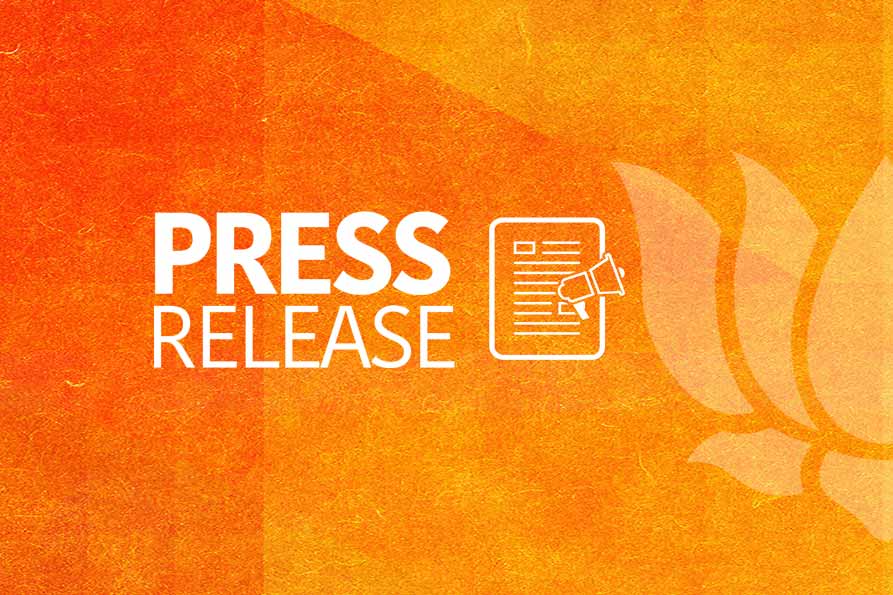
TRUST BETWEEN U.S. AND PAKISTAN LIES IN A SHAMBLES
Last week, M.J. Akbar presented to me the American Edition of his book Tinderbox which was released in the U.S.A. earlier this month.
 After the release of this book in January, 2011 in New Delhi, I had described the book as a brilliant book. That book, sub-titled “the past and future of Pakistan” had fourteen chapters. The American edition has added one more, titled ‘Dark side of the moon.’ As expected, this chapter focuses on U.S. –Pakistan relations, right from the time of Pakistan’s formation till today.
After the release of this book in January, 2011 in New Delhi, I had described the book as a brilliant book. That book, sub-titled “the past and future of Pakistan” had fourteen chapters. The American edition has added one more, titled ‘Dark side of the moon.’ As expected, this chapter focuses on U.S. –Pakistan relations, right from the time of Pakistan’s formation till today.
In so far as U.S. – Pak relations are concerned, the most outstanding event of recent years has been the tracking down by U.S. Navy seals at Abbottabad of Osama bin Laden, the principal perpetrator of the 9/11 outrage, who had succeeded in eluding Washington’s all pervasive intelligence for a full one decade.
The additional chapter naturally begins with a reference to General James Abbott who passed away in 1896 and after whom, Abbottabad was named. M.J. notes that the cantonment town’s current pronounciation is ‘Abtabad,’ with a syllable clipped off to make it sound more local.
 Akbar’s book traces in detail the careful preparations made by Jinnah and his colleagues like Liaquat Ali Khan to build such cordiality with Washington as to develop in the U.S. a natural inclination to extend arms assistance to Pakistan. A month after Pakistan was born, an American Journalist Margaret Bourke -White asked Jinnah “whether he hoped to enlist technical or financial assistance from America, Jinnah’s answer was forthright – “America needs Pakistan more than Pakistan needs America. Pakistan is the pivot of the world, as we are placed - the frontier on which the future of the world revolves.”
Akbar’s book traces in detail the careful preparations made by Jinnah and his colleagues like Liaquat Ali Khan to build such cordiality with Washington as to develop in the U.S. a natural inclination to extend arms assistance to Pakistan. A month after Pakistan was born, an American Journalist Margaret Bourke -White asked Jinnah “whether he hoped to enlist technical or financial assistance from America, Jinnah’s answer was forthright – “America needs Pakistan more than Pakistan needs America. Pakistan is the pivot of the world, as we are placed - the frontier on which the future of the world revolves.”
Akbar adds: “Then, she (Margaret) writes, Jinnah ‘leaned towards me, dropping his voice to a confidential note. Russia is not so far away.’ “This conversation, according to this book, only “indicated (Jinnah’s) sharp comprehension of the emerging contours of the Cold War much before it had become either very cold or a war.”
 About the bin Laden episode the American edition of Akbar’s book leaves no doubt in any one’s mind that Pakistan Government as well as ISI were fully involved in providing bin Laden his hiding place.
About the bin Laden episode the American edition of Akbar’s book leaves no doubt in any one’s mind that Pakistan Government as well as ISI were fully involved in providing bin Laden his hiding place.
America’s search for Osama bin Laden began even before the 9/11 terrorist attack on the U.S. Akbar writes : America began applying pressure, through Pakistan and Saudi Arabia, to get bin Laden after the Al-Qaeda attack on American embassies in East Africa in 1998.
“There will be as many variations as there are books about where and how Osama survived in the decade preceding his death in May 2011, but this much is evident: he lived in the border regions of Afghanistan and Pakistan before settling down in Abbottabad. The ISI kept track, but chose to keep its information to itself.”
This chapter devotes quite some space to the Lashkar’s eight declared objectives and ISI’s total support to LET and its attack on Mumbai in November 2008. Akbar writes:
“Lashkar had eight declared objectives, among them: to end persecution of Muslims, avenge the killing of any Muslim, defend Muslim states, recapture Muslim land and, curiously, impose jizya, or the poll tax, on non-Muslims under Muslim suzerainty. This suited the ISI, which hoped to use Lashkar and others of the same ilk to repeat in Kashmir what they had achieved in Afghanistan. It was believed that the Indian Army would be a pushover compared to the mighty Soviet phalanx.
“The ISI began to invest heavily in Lashkar in the belief that it would be more amenable to its aims in Kashmir. For Lashkar, Kashmir was not just another territorial war between nations but an epic confrontation between idolaters and iconoclasts that had begun from the time of Prophet Muhammad. A particularly blissful paradise, therefore, would be a martyr’s reward for killing Hindus. Moreover, Kashmir once taken would serve as the base for the reconquest of India.”
Later, Akbar says :
“When America put Headley on trial in Chicago, it was not because he was on India’s most wanted list. The Lashkar is as much America’s enemy as India’s. America has long recognized the double game played by elements within the Pak establishment in the Afpak wars, but has been forced by the larger need for an alliance with Pakistan to calibrate its reaction. It required the traumatic discovery of Osama bin Laden in Abbottabad for the full shock of betrayal to be felt not only in Washington but also across American streets.”
M.J. comments, “There will be many theories about who knew what, and when, but there is enough to surmise that mistrust between Washington and Islamabad was total over Geronima.”
I hold that, this new chapter added to Tinderbox’s latest edition provides to its readers a host of details about the May first operation in Abbottabad, and which fully endorse Akbar’s conclusion, that the earlier trust that subsisted between U.S. and Pakistan now lies in a shambles.
TAILPIECE
 Believe it or not according to the Canadian Press, it was a Pakistani doctor by name Dr. Shakil Afridi who helped America hunt down Osama bin Laden.
Believe it or not according to the Canadian Press, it was a Pakistani doctor by name Dr. Shakil Afridi who helped America hunt down Osama bin Laden.
Dr. Afridi has been charged with treason, and sentenced to 33 years in prison by a Pakistani court. This event has further intensified the break-down of trust between Washington and Islamabad.
Republican Senator John McCain and Democratic Senator Carl Levin in a joint statement have said: “It is shocking and outrageous that Dr. Afridi who has assisted the U.S. in the search for bin Laden has been sentenced to 33 years of prison. What Afridi did was a courageous heroic and patriotic act, which helped to locate the most wanted terrorist in the world- a mass murderer who has the blood of many innocent Pakistanis on his hands.”
McCain and Levin have called for the immediate “pardon and release” of Afridi. State Department spokeswoman Victoria Nuland told reporters that the U.S. has and will continue “take up this matter” with the Pakistani government.
L.K. Advani
New Delhi
22 July, 2012
To Write Comment Please लॉगिन



.gif)





